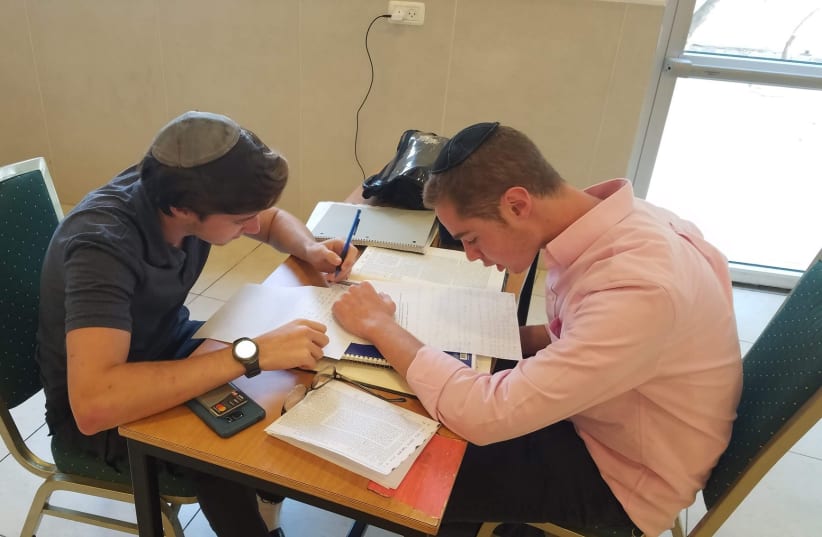But personally, I’ve always found the answer close at hand, in our tradition and texts.
I find that when we give people the opportunity to form a deeper connection with Judaism, they grasp it.
Take adult Jewish education.
For far too many of us, Jewish education stops in our teen years. Exactly at the age of intellectual maturity, when we’re able to explore and understand the most complex, beautiful, and noble parts of our tradition, we often disengage. At Park Avenue Synagogue, we’ve utilized the world class Melton program for more than ten years, bringing hundreds of adult congregants on a journey into the wellspring of our heritage.
And here’s the part every Rabbi in America wants to hear: We’ve seen time and again that after engaging in high-level learning in a community, students become more involved synagogue members and, in many cases, assume leadership roles. Our head of adult learning is a Melton graduate, as are members of both our executive and travel committees.
Giving people access to a community in which to explore ideas tethers them to that community. It’s not just learning about Shabbat or what happened to the Jews who left Spain in the 15th century; it’s forming friendships in class and going out to lunch, signing up for trips together, and volunteering to serve together on committees.
Today, as we grow more polarized as a nation and as a people, the ability to engage in civil discourse is more important than ever. The Talmud provides a model for it: the ethics of disagreement, for respectfully exploring divergent viewpoints. So, learning together is also a workshop in getting out of our echo chambers and speaking to each other in substantive ways.
Ten years ago, David J. Skorton, the president of Cornell University, wrote that higher education is the gateway to a more tolerant world – that “the most far-reaching way to link societies across the world is through education.”
It’s the same on a microcosmic level.
We started with a small cohort of learners and, now, hundreds of Melton graduates in our congregation sign up for our lectures and opportunities to visit places of Jewish interest. It’s fed our travel program like nothing else.
Community study revives the notion of “township democracy” that de Tocqueville so admired in American society. When we learn together, we practice communication, togetherness, reason, collaboration, consensus.
Ki karov elecha hadavar meod (It is within your reach) – Deuteronomy tells us. Tapping into our power as the People of the Book is all we need to do, if we do it together.
At Park Avenue Synagogue, adult Jewish learning classes have had a domino effect, providing our members with the literacy, the tools, and the understanding to be more deeply connected Jews and, by extension, more deeply connected to their synagogue.
The writer is a rabbi at Park Avenue Synagogue and lives in New York.
